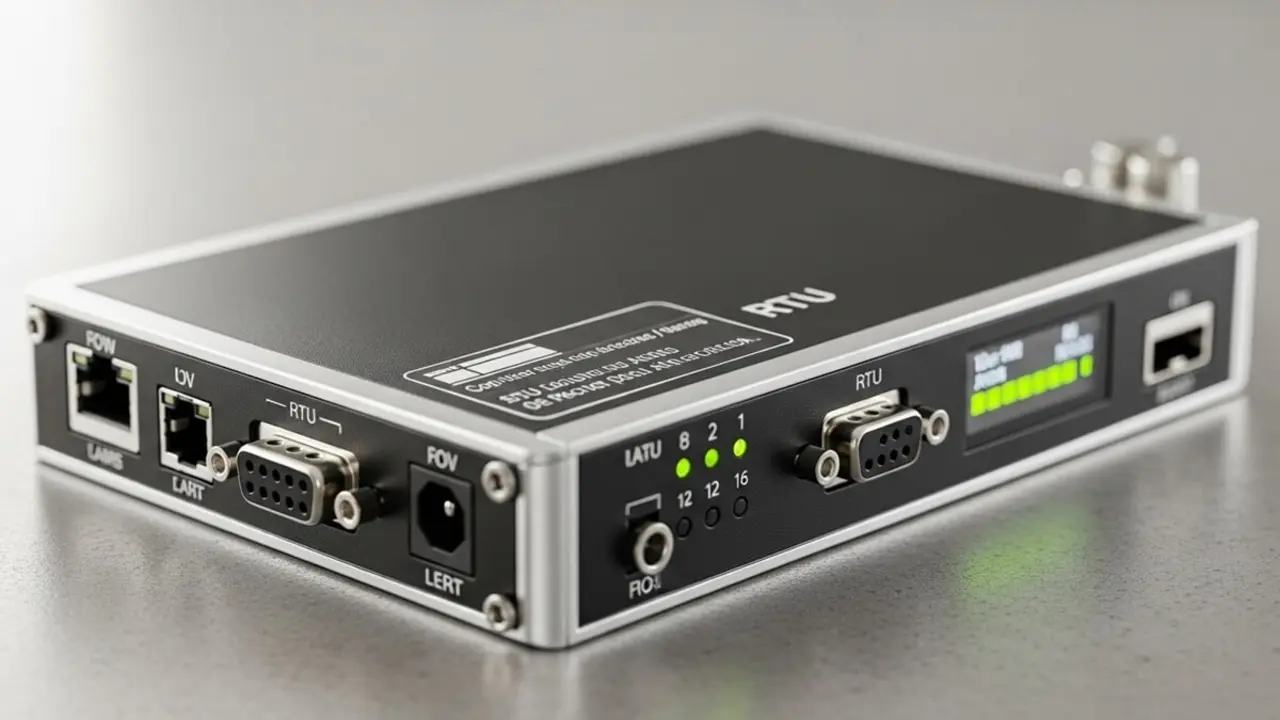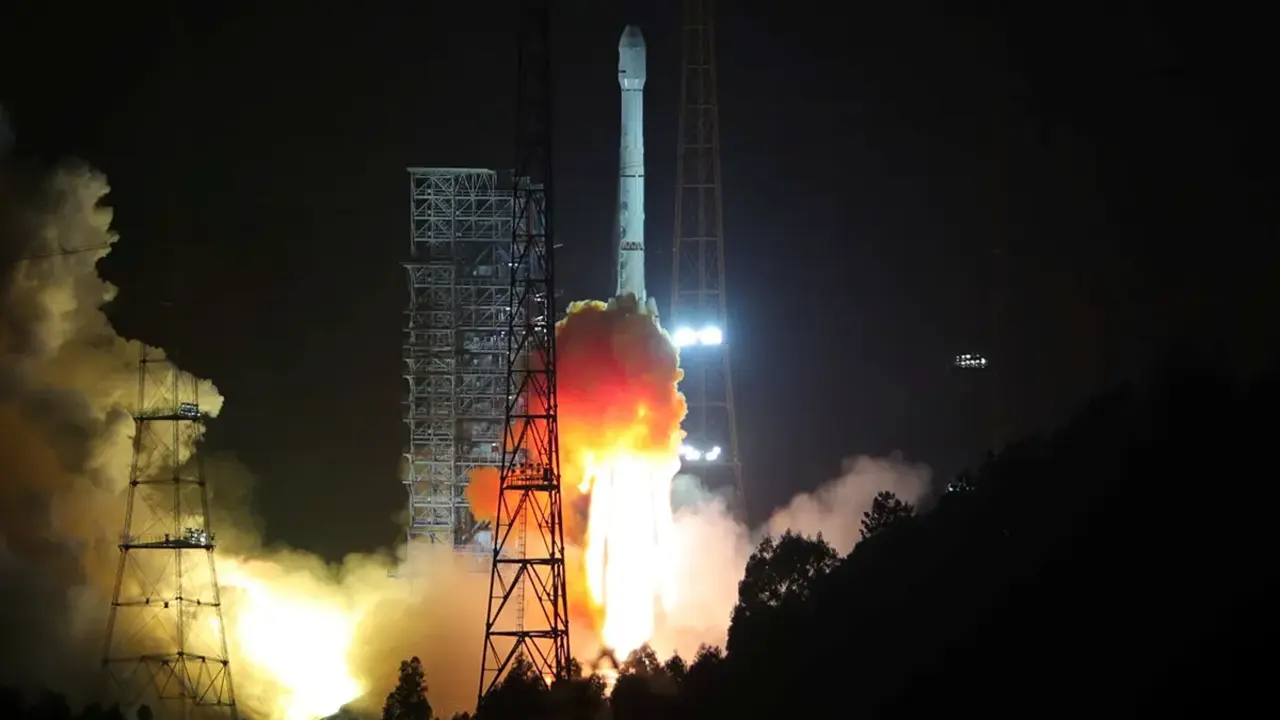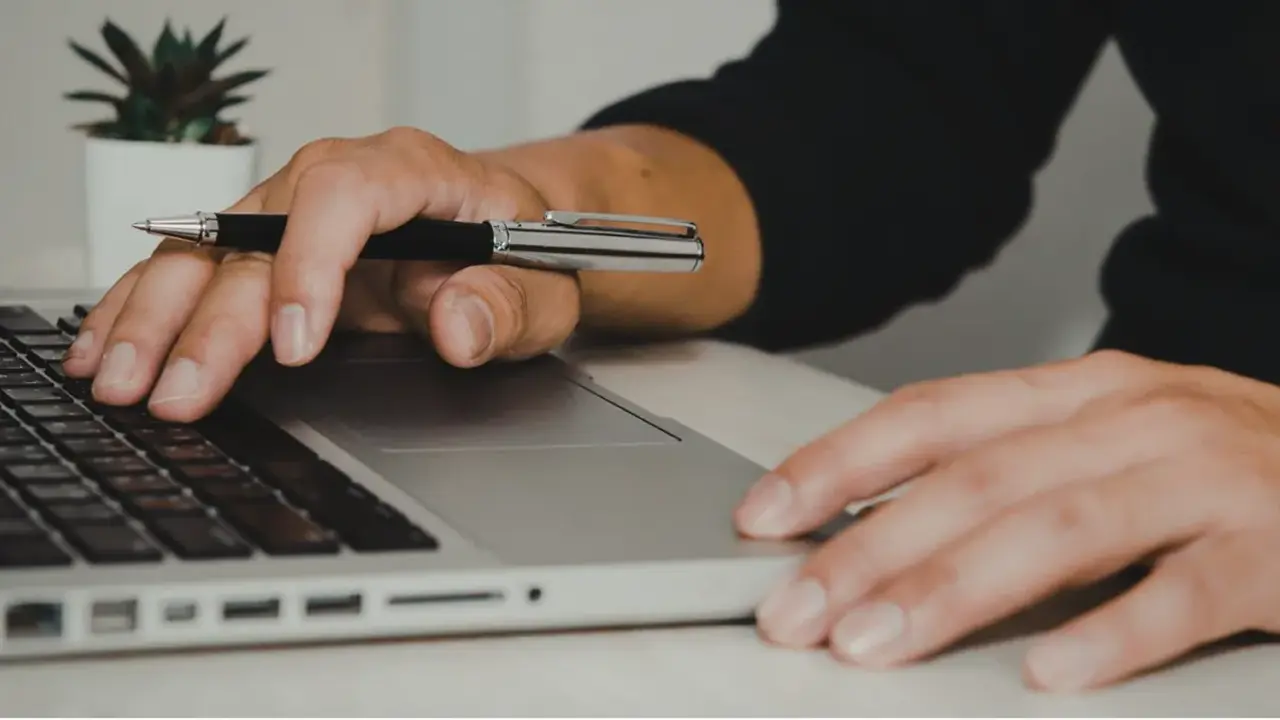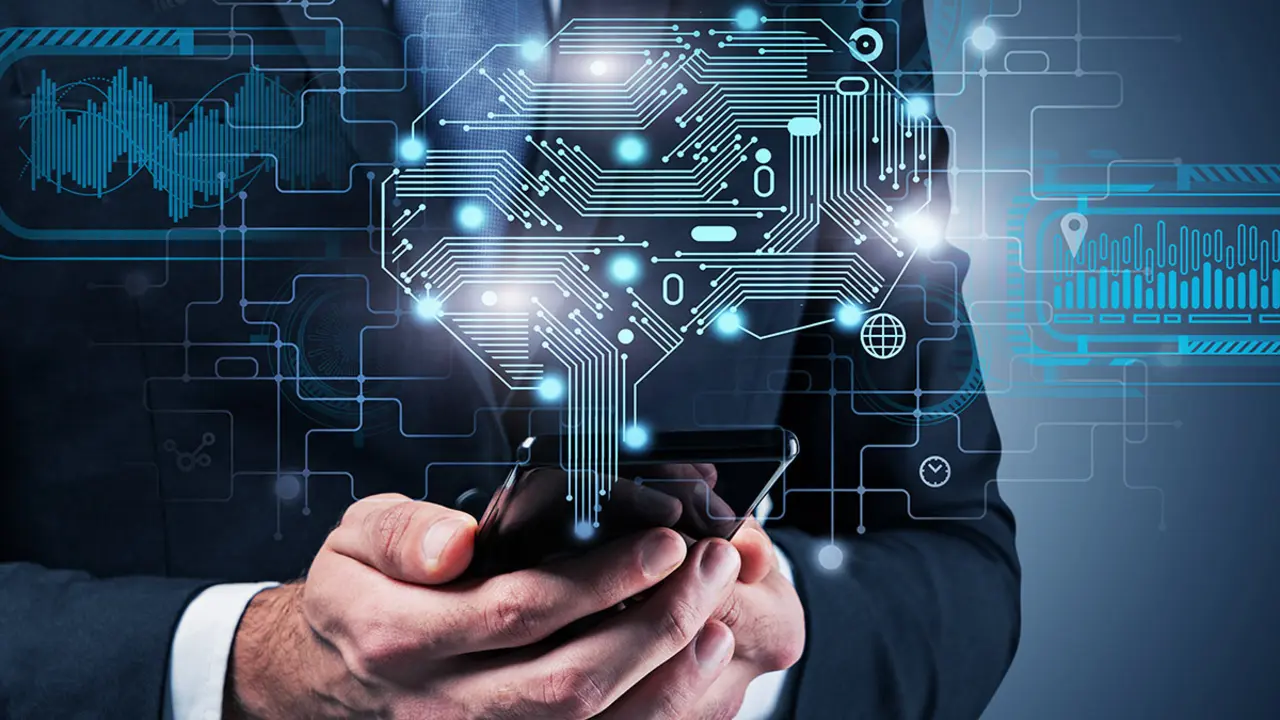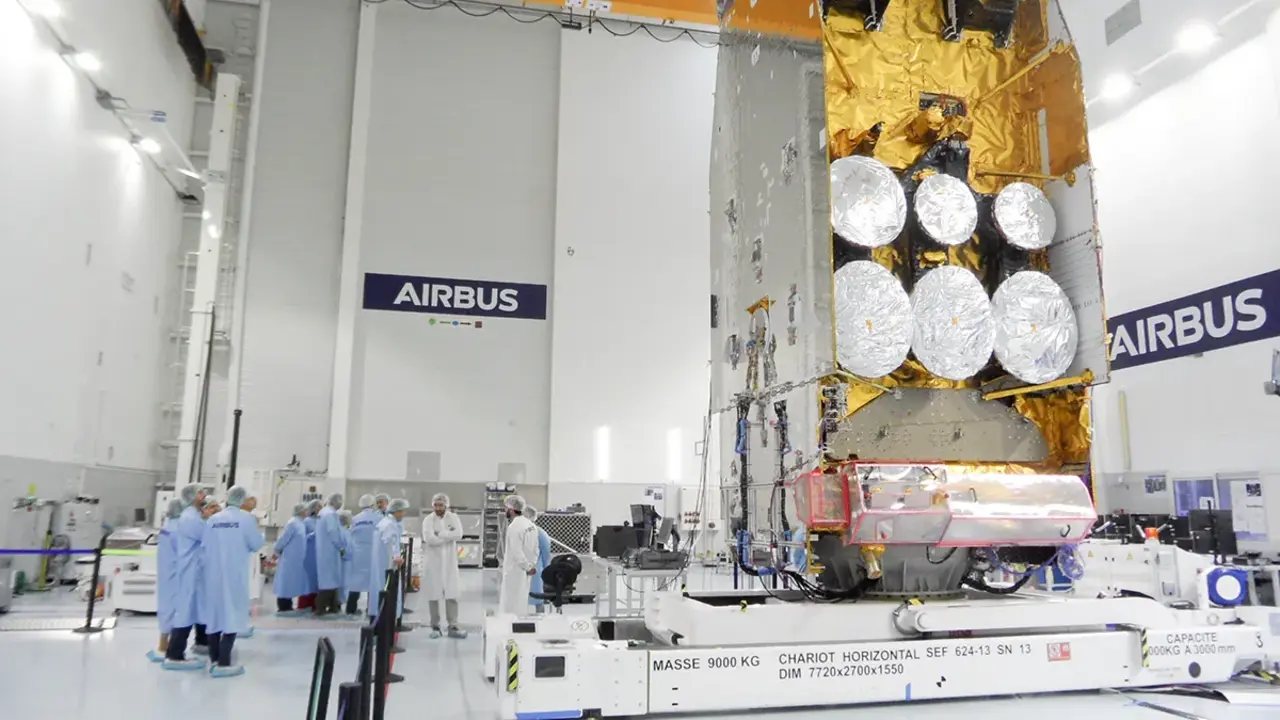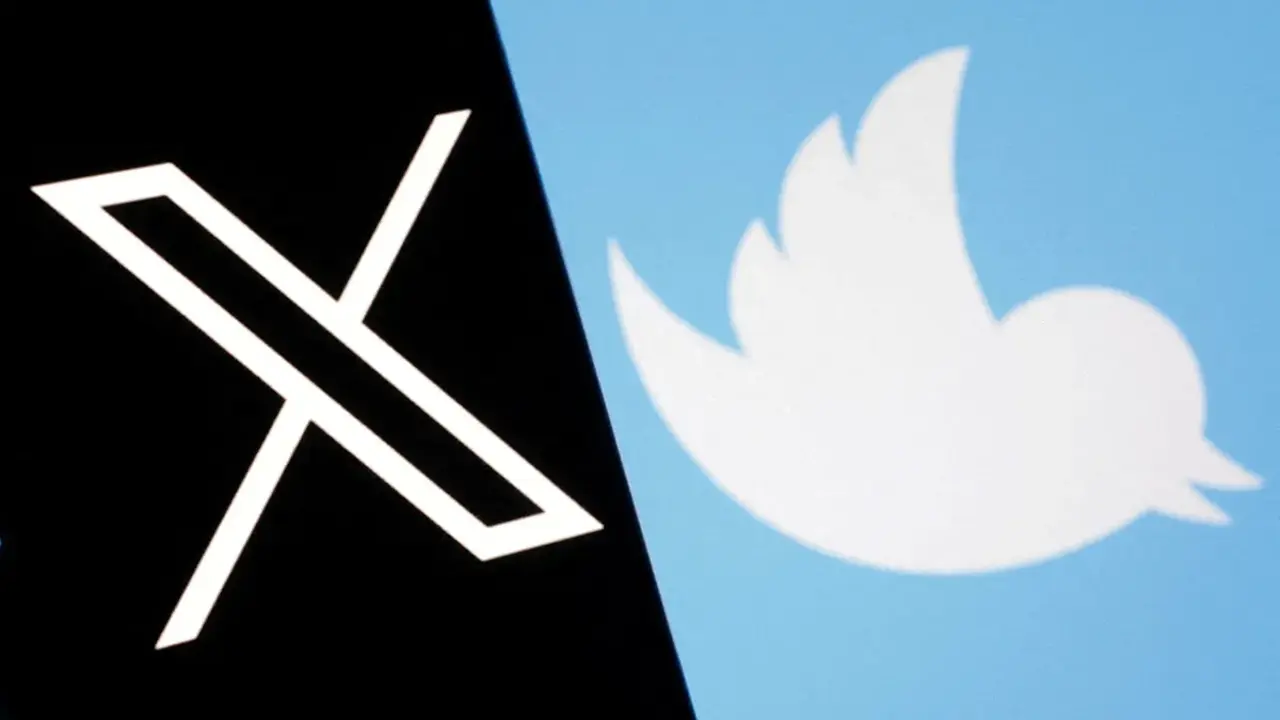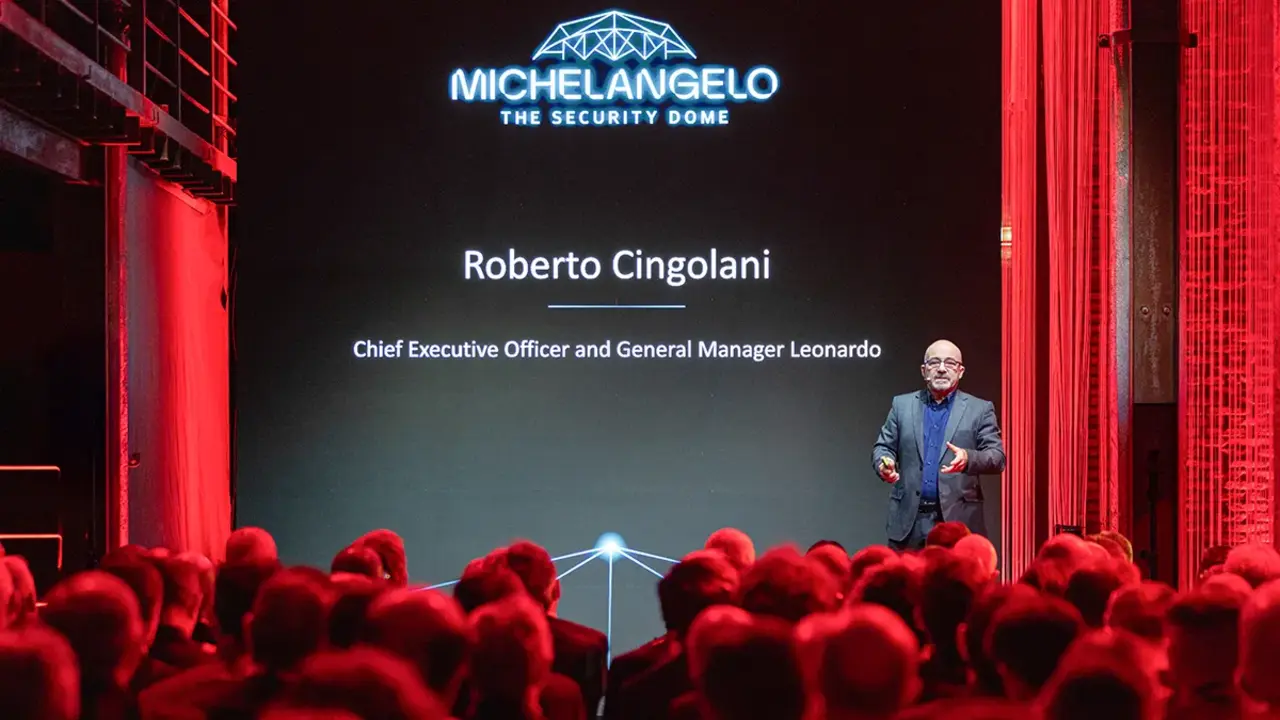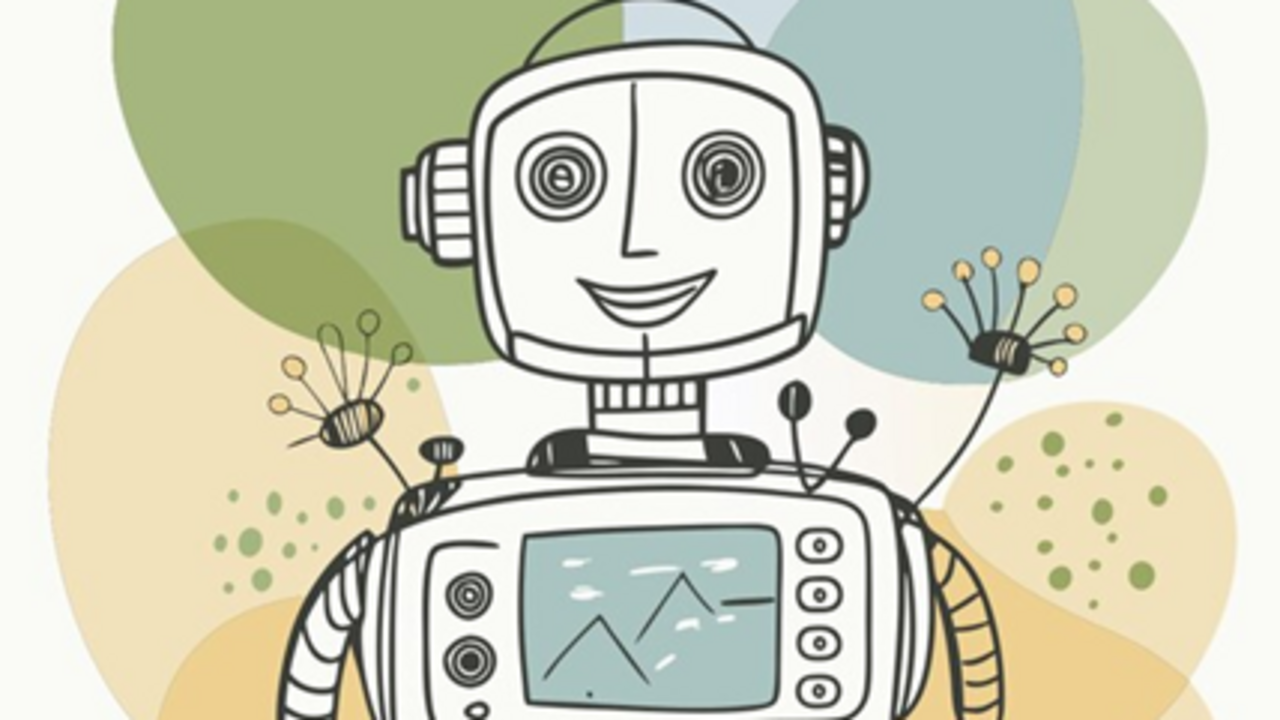Robots also adapt to the world of COVID-19
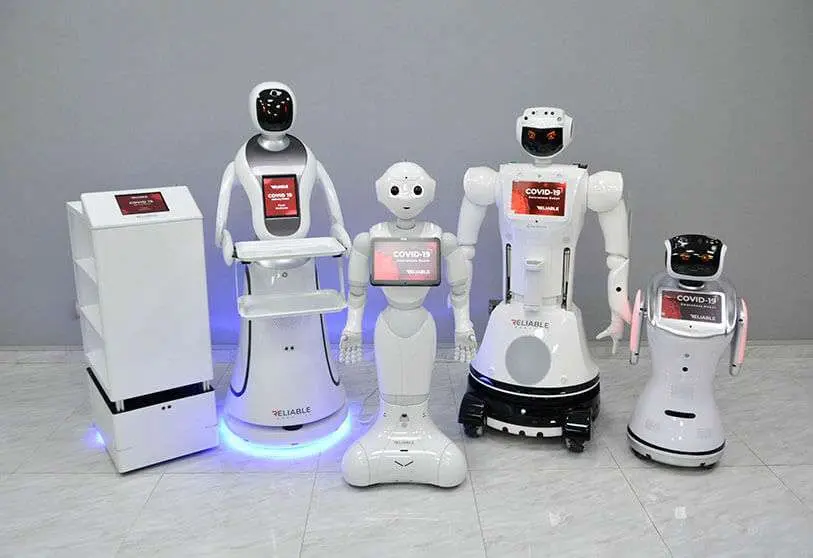
Robots that detect fever, distribute hand sanitizer, sterilize spaces, deliver supplies and even answer medical questions about the coronavirus are a business option that some robotics companies have found in the new scenario that is opening with COVID-19.
Reliable Robotics leases robots for events. A company can rent them out to surprise event guests with a screen humanoid reception and a menu of options that the customer can tailor to their needs.
But when the COVID-19 arrived in the United Arab Emirates, where this company is based, things changed and the company thought it didn't necessarily have to be for the worse.
As Aswin Sarang, director of Robotics and Artificial Intelligence at Reliable Robotics, explained to Efe, they took four of the robots they had prepared, changed the software and turned them into something new and necessary in a country with more than 35,000 cases of COVID-19 and around 300 deaths.
Pepper is one of those robots. It is a small white humanoid, 1.20 meters high, weighing 28 kg and capable of operating for about 12 hours, and is probably the most sociable of the small family of four robots recently developed by Reliable Robotics.
This humanoid not only understands and speaks 15 languages but is also able to detect emotions in people and even recognize their faces, making it perfect for "raising awareness" and educating people about the virus through conversations and its interactive display, according to the company's website.
Sarang explained to Efe that Pepper can help doctors communicate with their patients remotely without the need to be in the same room, helping to limit contact with the infected to prevent infection.
The little man has a rougher-looking brother with broad shoulders that comes equipped with a highly sensitive temperature sensor and an optical sensor to determine if a person has a fever, as well as a smart disinfectant dispenser.
The robot is designed to help fight the virus in airports, shopping centres or hospitals.
In those same places, besides banks and offices, it can operate the third design of this company, since its function is to sterilize and disinfect rooms when there are no people inside.
Finally, the last of the brothers, Baristabot, makes "contact-free" deliveries and is perfect for delivering basic products such as medicines and food to quarantined patients in hospitals or isolation centres.
"We are using what is on the market and finding medical solutions," explained the director of Robotics.
In general, the adaptation has been done through the development of applications and the adhesion of systems such as thermal cameras to detect fever.
"Each of our systems is fully customizable, which means we can add more features," he said, noting that they all walk autonomously.
All four can be rented and, according to Sarang, the company is already negotiating with some hospitals to get the little men up and running before the end of the month.
"As a technology company we have a social responsibility to fulfil, especially in a situation like this, so we use our resources to deal with this pandemic," Sarang concluded.

